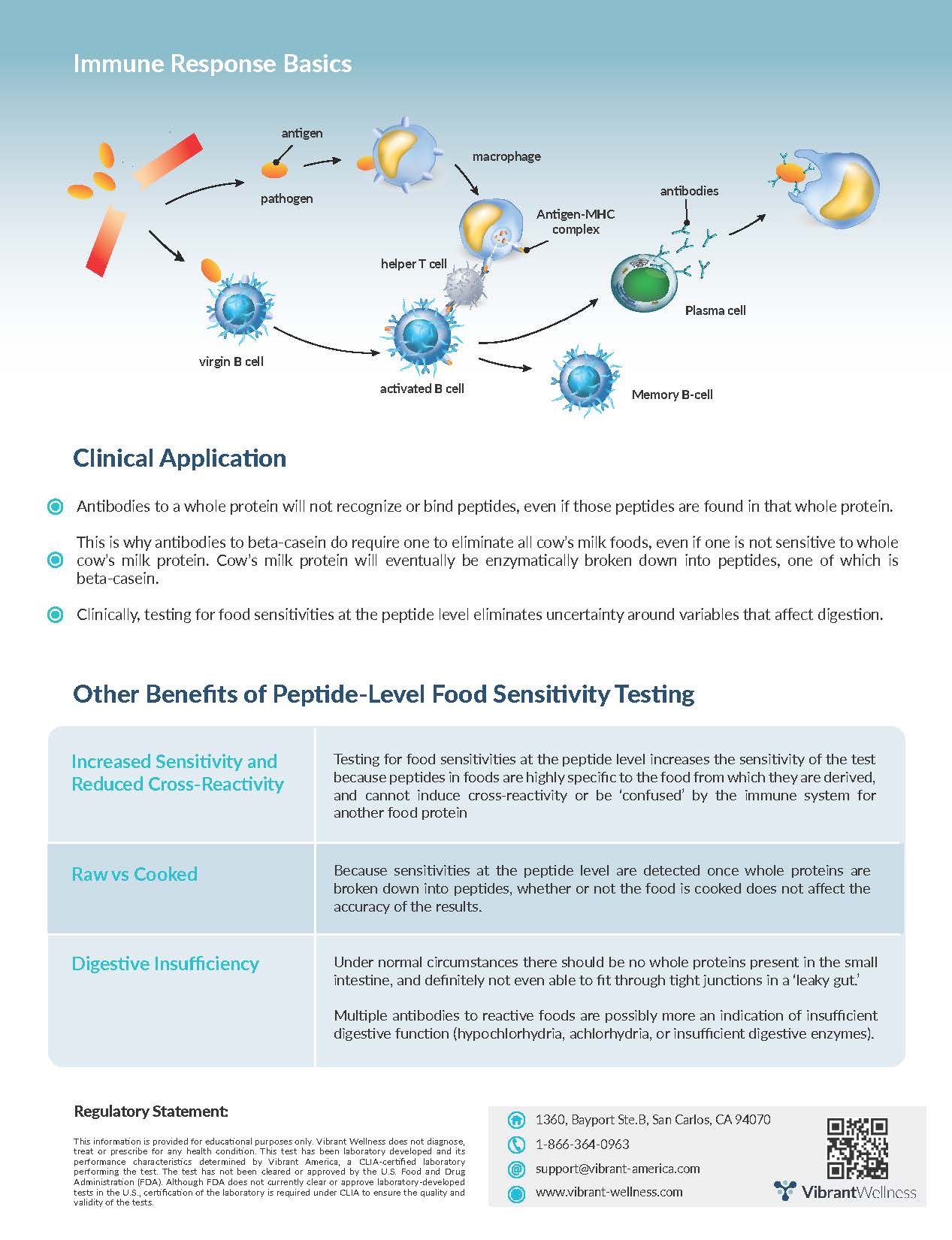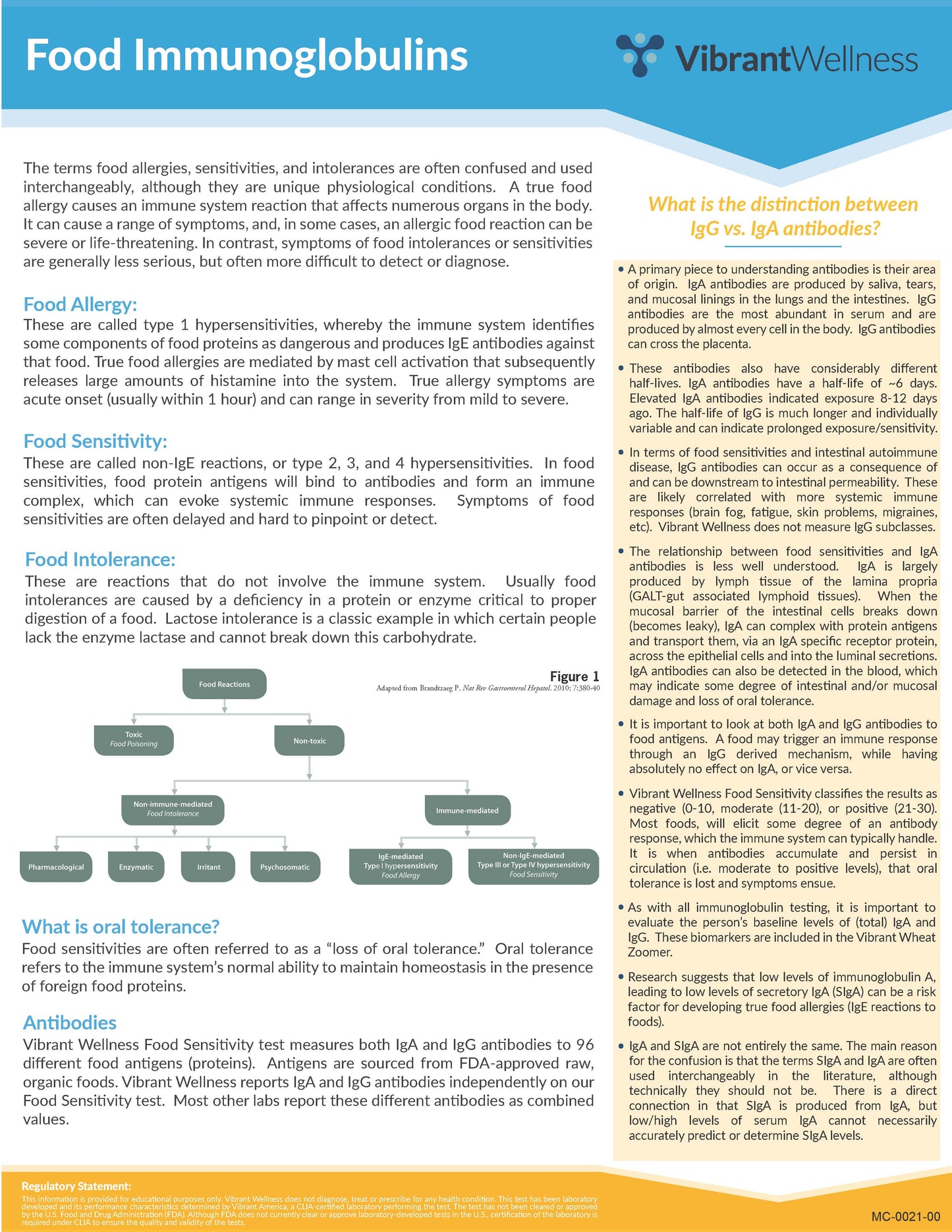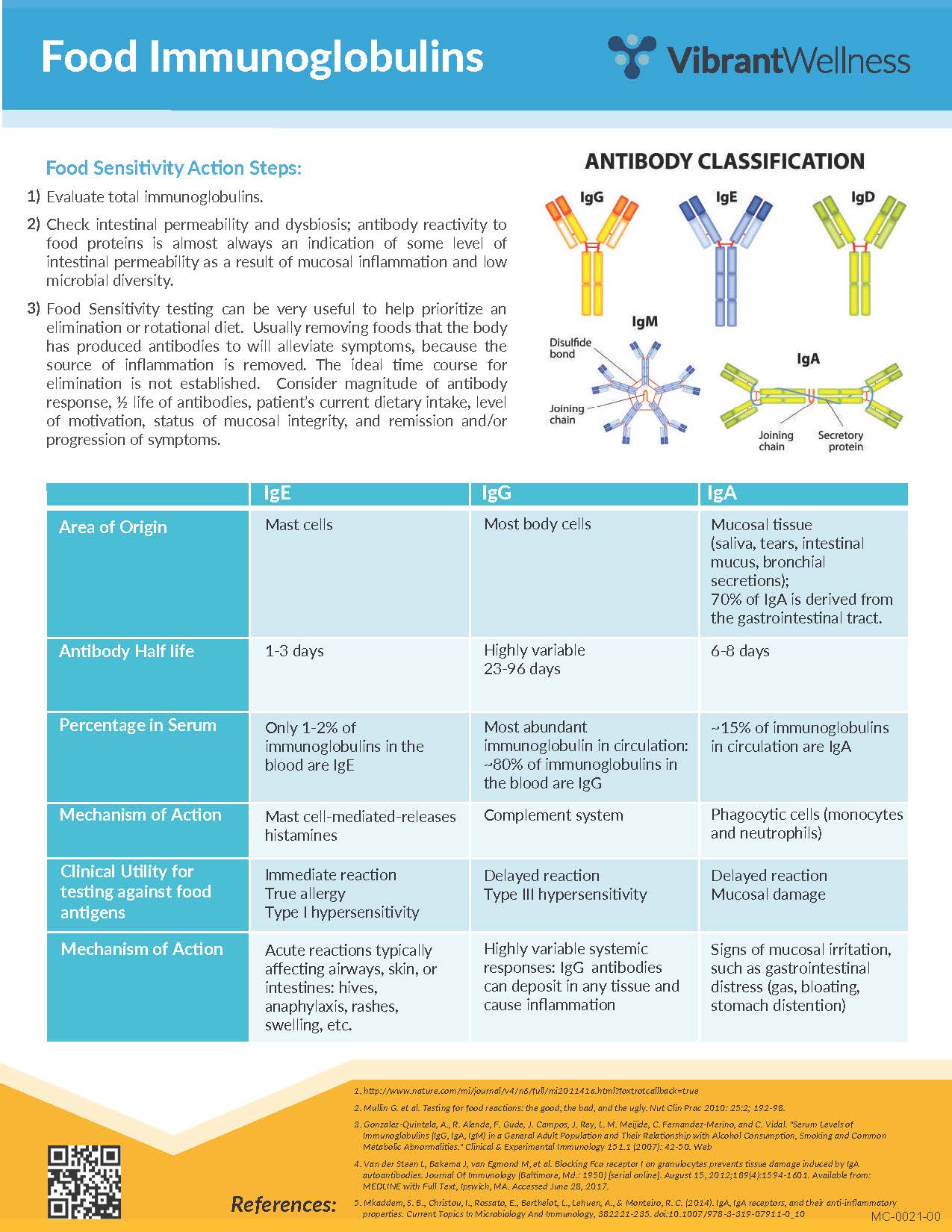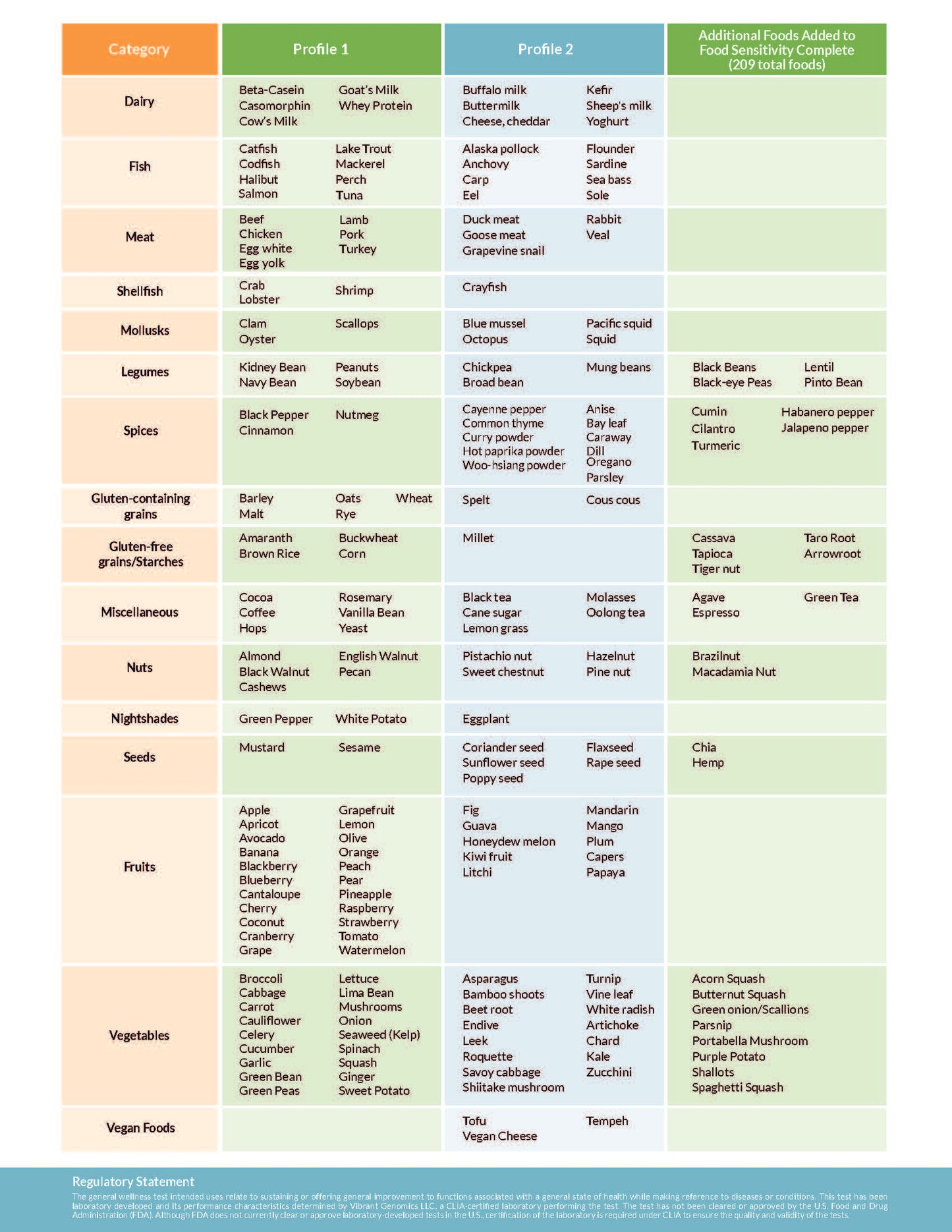



ADD DETAILS TO BUY
Autoimmune diseases (AID) are diseases of the immune system. As around 80% of your immune cells are located in the gastrointestinal tract, gut health is closely linked to immune function.
Intestinal Permeability and Autoimmunity
Intestinal permeability (i.e. “Leaky Gut Syndrome”) is a condition where the integrity of the intestinal cell barrier is compromised/broken down. Normally, our intestinal cell network forms a very important barrier between our digestive tract (outside environment) and our blood stream (inside environment). With intestinal permeability, the barrier is broken down and intestinal contents can enter the blood steam. Intestinal permeability can be associated with a variety of symptoms and clinical manifestations including digestive, systemic, or autoimmune responses.
Research shows that the digestive condition known as leaky gut (or intestinal permeability), is a common factor in the biological mechanism that leads to the onset of autoimmune disease.

While it is easy to make the connection between the gut and digestive conditions such as food allergies, Celiac disease, Crohn's Disease, and Ulcerative Colitis, the link to autoimmune disorders such as Type 1 Diabetes, Multiple Sclerosis or Rheumatoid Arthritis, Lupus, and all Autoimmune disease.
Autoimmune diseases occur when the immune system attacks the body's cells or receptors. Self-tolerance, the ability to not attack our own body's antigens, is an active physiological process. Any time that our body overreacts to a self-antigen and begins to produce antibodies directed against our own body's cells or receptors, called autoantibodies, we call this autoimmunity.
Autoimmunity is just one cause of something known as a hypersensitivity reaction. A hypersensitivity reaction is a reaction in which our own body's immune cells overreact to an antigen and cause excessive inflammation and damage to our own body's cells and receptors in the process.
Hypersensitivity to certain foods has been strongly correlated in the Functional Medicine world with Autoimmune disease, as sensitivities result from an inappropriate activation of the immune system upon exposure to a particular food and this can lead to the disease process of theoretically any autoimmune disease.
Vibrant Food Sensitivity is an array of 209 commonly consumed food antigens which offers very specific antibody-to-antigen recognition. This panel offers the options to measure an individual’s IgG, IgA, IgG subclass 4, and C3d reactivity to food antigens. Being able to test IgA antibodies provides additional information to foods that may be causing mucosal damage. Additionally, this test is ideal for patients who might be suffering from delayed reactions to certain foods. Using an antibody-based food sensitivity test can help prioritize the necessary foods to eliminate and create a customized diet plan around the patient’s specific needs.
Why Test Food Sensitivities?
Food Sensitivity testing can be very useful to help prioritize an elimination or rotation diet. Usually removing foods that the body has produced antibodies to will alleviate symptoms, because the source of inflammation is removed. The ideal time course for elimination is not established. Consider magnitude of antibody response, ½ life of antibodies, patient’s current dietary intake, level of motivation, status of mucosal integrity, and remission and/or progression of symptoms.




